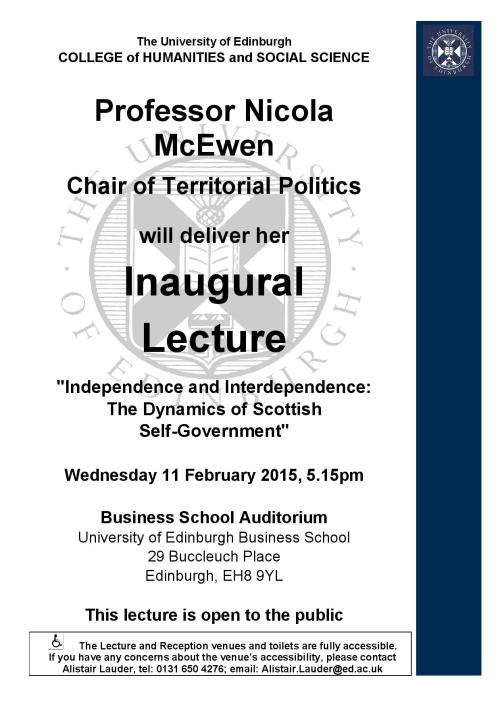Disponibile on-line in versione PDF il quarto numero di Nazioni e Regioni, la rivista di studi e ricerche sulla comunità immaginata editata da Caratteri Mobili e patrocinata dai Dipartimenti di Scienze Politiche e FLESS dell’Università degli Studi di Bari. Questo quarto numero, che chiude i primi due anni di attività del progetto, presenta una serie di novità come il nuovo organigramma redazionale e l’inserimento di una nuova sezione, che si affiancherà a quelle già esistenti di Studi e Recensioni, dedicata alle Rassegne.
In questo numero troverete i saggi di Sergej Abašin (Nazioni e postcolonialismo in Asia Centrale vent’anni dopo: ripensare le categorie di analisi e le categorie della prassi), Leyre Arrieta Alberdi (Radio Euzkadi, l’emittente clandestina basca), Moira Hulme, Rob Hulme e Keith Faulks (La politica del locale. Valori nazionali e politica sociale in Scozia), Darius Staliunas (La trasformazione di una città multietnica nella capitale di una na- zione: i lituani e Vilnius nella Russia tardoimperiale) e Margherita Sulas (La rivolta della bandiera: gli incidenti per Trieste italiana del novembre 1953). Completano questo nuovo numero, la Rassegna di Andrea Geniola (Lo studio e l’interpretazione del regionalismo franchista. Un settore di ricerca in progress, 2013-2014) e le Recensioni di Giulia Medas, Adriano Cirulli, Marco Pérez e Gianluca Scroccu.
Ricordiamo a coloro che volessero inviare saggi e proposte che il Cfp per il numero 5 (2015) resta aperto fino al 28 febbraio 2015 e che il prossimo numero uscirà a giugno del nuovo anno. Cogliamo anche l’occasione per dare pubblicamente il benvenuto ai nuovi redattori (Marco Pérez, Gianluca Scroccu e Marco Stolfo) e facciamo gli auguri di buon lavoro a Francesca Zantedeschi per il suo nuovo ruolo di Caporedattrice.
Nazioni e Regioni – Studi e ricerche sulla comunità immaginata
www.nazionieregioni.it
nazionieregioni@gmail.it
@Nazionieregioni



Looking back at the ‘Moreno Question’
Posted in Comment on December 30, 2014| Leave a Comment »
In the latest Scottish Government Yearbook Archive blog, Luis Moreno looks back at the beginnings of his interest in comparing Catalonia and Scotland and ‘that’ question. You can read the blog here.
Read Full Post »